Course Staff & Office Hours
Instructor¶
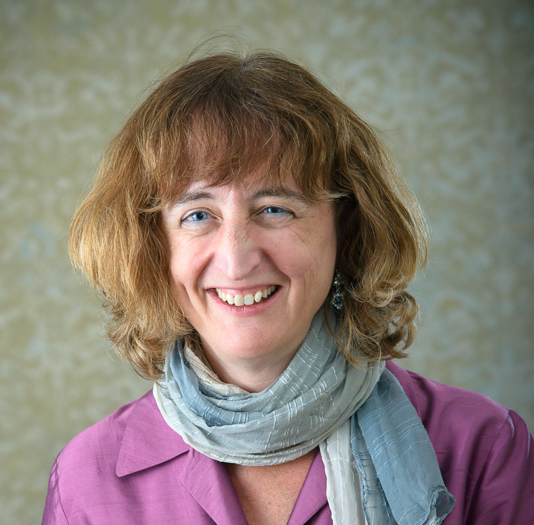
Karen Chapple
(bio)
Karen Chapple, Ph.D., is Professor and Chair of City and Regional Planning at the University of California, Berkeley, where she holds the Carmel P. Friesen Chair in Urban Studies. Chapple studies inequalities in the planning, development, and governance of regions in the U.S. and Latin America. Her recent books include Planning Sustainable Cities and Regions: Towards More Equitable Development (Routledge 2015, and winner of the John Friedmann Book Award); Transit-Oriented Displacement or Community Dividends? Understanding the Effects of Smarter Growth on Communities (with Anastasia Loukaitou-Sideris, MIT Press, 2019); and Fragile Governance and Local Economic Development: Theory and Evidence from Peripheral Regions in Latin America (with Sergio Montero, Routledge, 2018). In Fall 2015, she co-founded the Urban Displacement Project, a research portal examining patterns of residential, commercial, and industrial displacement, as well as policy solutions. Chapple holds a B.A. in Urban Studies from Columbia University, an M.S.C.R.P from the Pratt Institute, and a Ph.D. from UC Berkeley. She has served on the faculties of the University of Minnesota and the University of Pennsylvania, in addition to UC Berkeley.
Office Hours: Wed 4-5 PM and Thurs 5:30-6:30 PM
Sign up at www.karenchapple.com
|
Teaching Assistants (GSIs)¶

Felicia Jiang
(bio)
Felicia Jiang is a 2nd year MCP student concentrating in Urban Design. Her research interests include spatial data analysis & visualization, and the intersection of urban design with contemporary issues such as affordable housing, racial justice, and climate change adaptation.
Office Hours: During Thursday lab or by appointment.
|
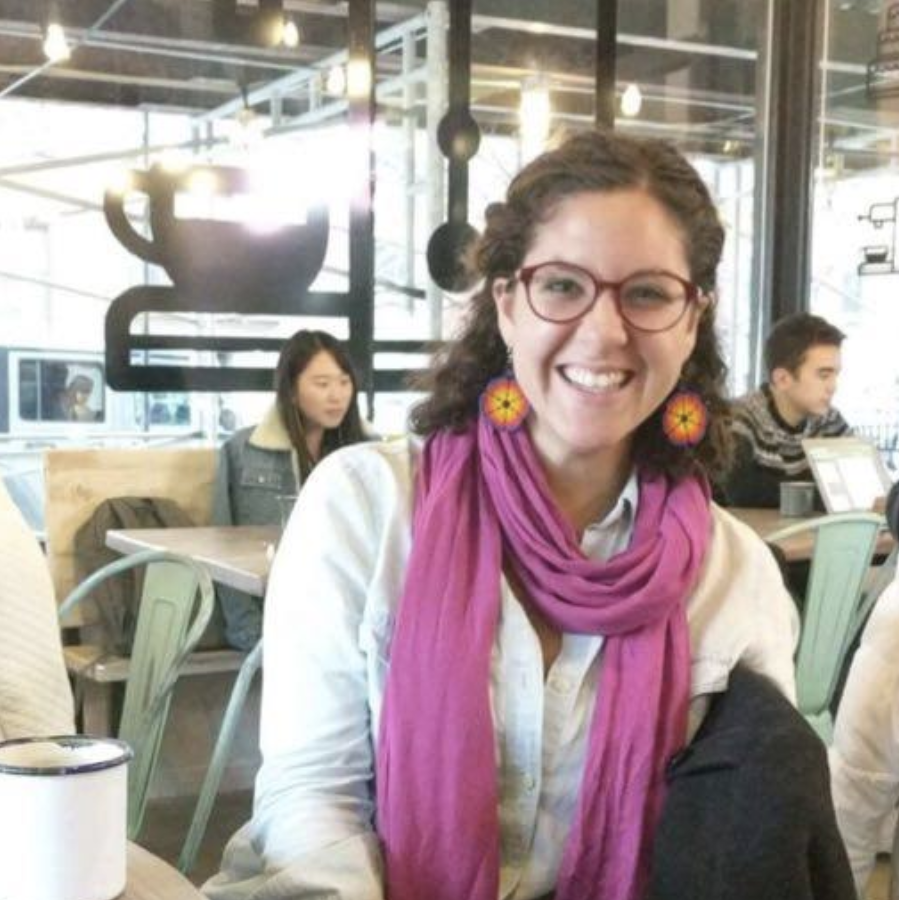
Irene Farah
(bio)
Irene is a second year PhD student in City & Regional Planning. Irene’s interests lie at the intersection of sociology, public health, and urban analytics. Her current research examines how urban governance impacts street vendors’ livelihoods in the global south. In particular, her work studies how vendors’ access to food in Mexico City is affected by their daily mobility patterns and constant struggle to maintain their jobs.
Office Hours: During Wednesday lab or by appointment.
|
Reader¶
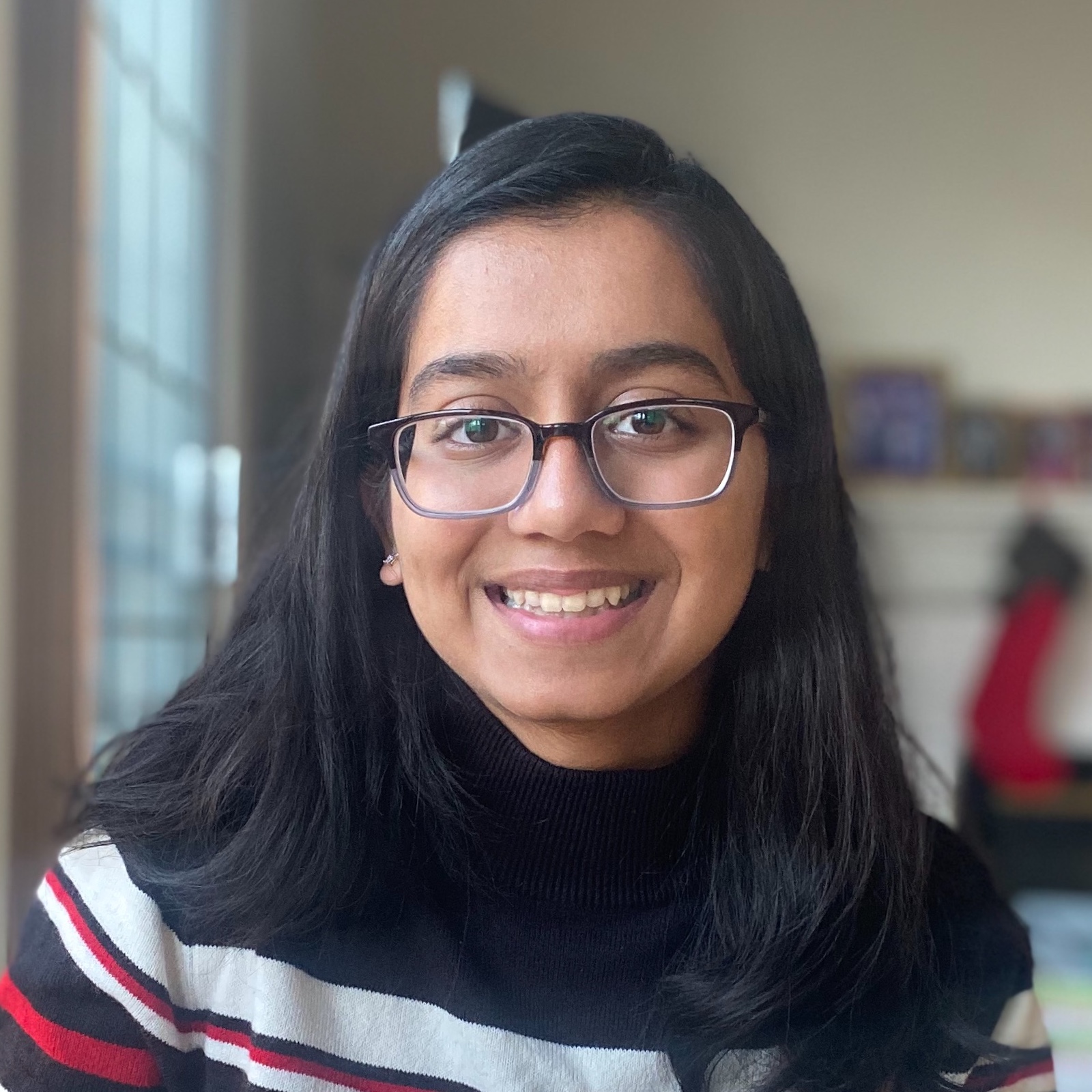
Purva Kapshikar
(bio)
Purva is a senior studying EECS and statistics (with her applied cluster in city and regional planning). CP101 has been one of her favorite courses at Cal and she hopes you enjoy it as much as she does!
|
Peer Consultants ¶
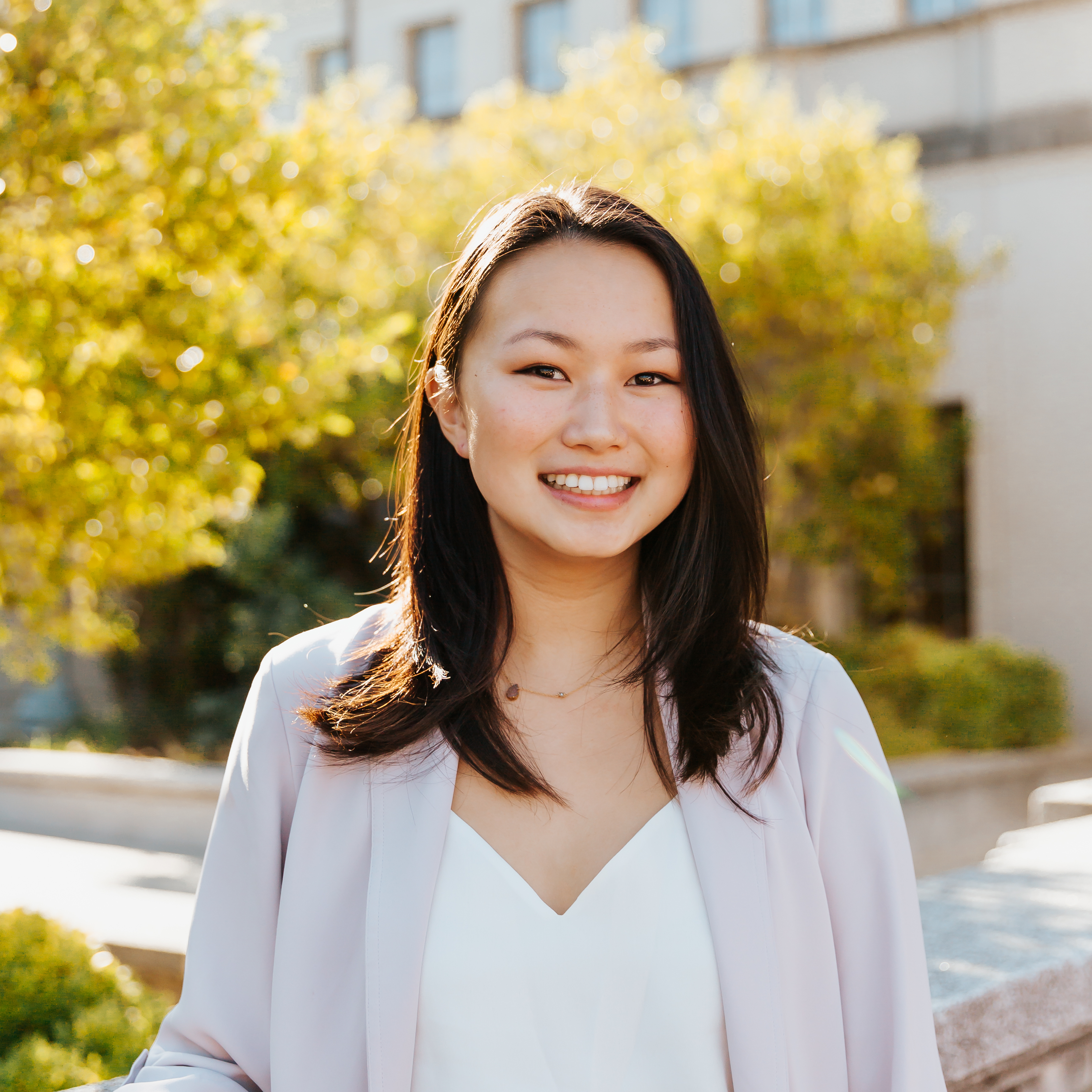
Catherine Wang
(bio)
Catherine is a senior studying Data Science with a concentration in cognition. She is passionate about exploring how data science can extend into seemingly unrelated fields, like neuroscience or city planning, and the ethics of doing so. In her free time, Catherine enjoys skiing, playing chess, and spending time with loved ones.
|
Isaac Schmidt
|
Rachel Schten
|
Instructor Emerita¶
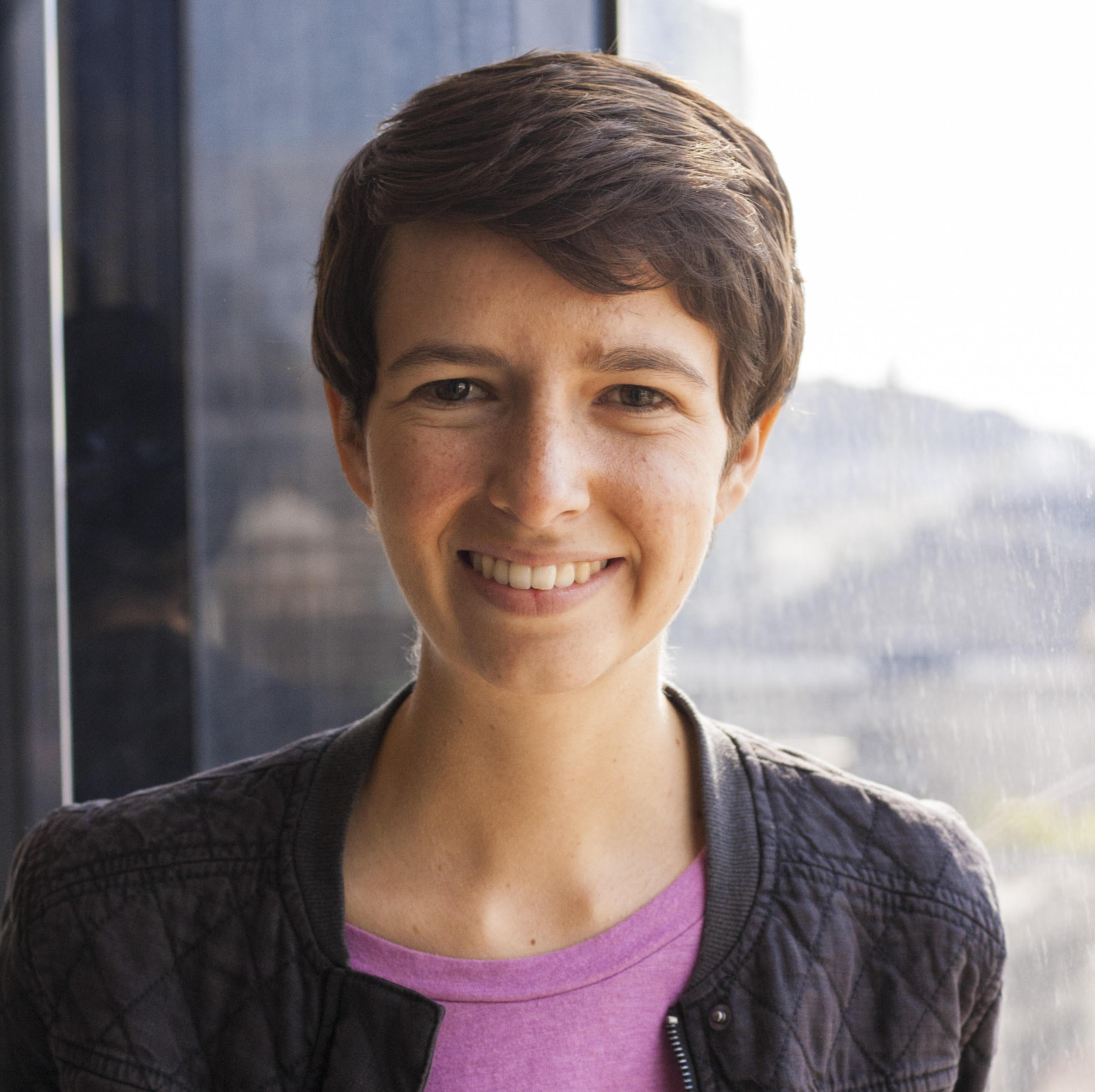
Abigail Cochran
(bio)
Abigail L. Cochran is a Ph.D. Candidate in the Department of City and Regional Planning at the University of California, Berkeley. She helped to develop the syllabus for CP 101 and served as co-instructor in 2019. Her research interests include disability and aging, travel behavior, and transportation policy. She has developed and taught courses on academic writing for the natural and social sciences, as well as on transportation planning and urban data science. She holds a B.S. in Ecology and Evolutionary Biology from the University of Arizona, and completed the Master of City Planning degree program at UC Berkeley.
|
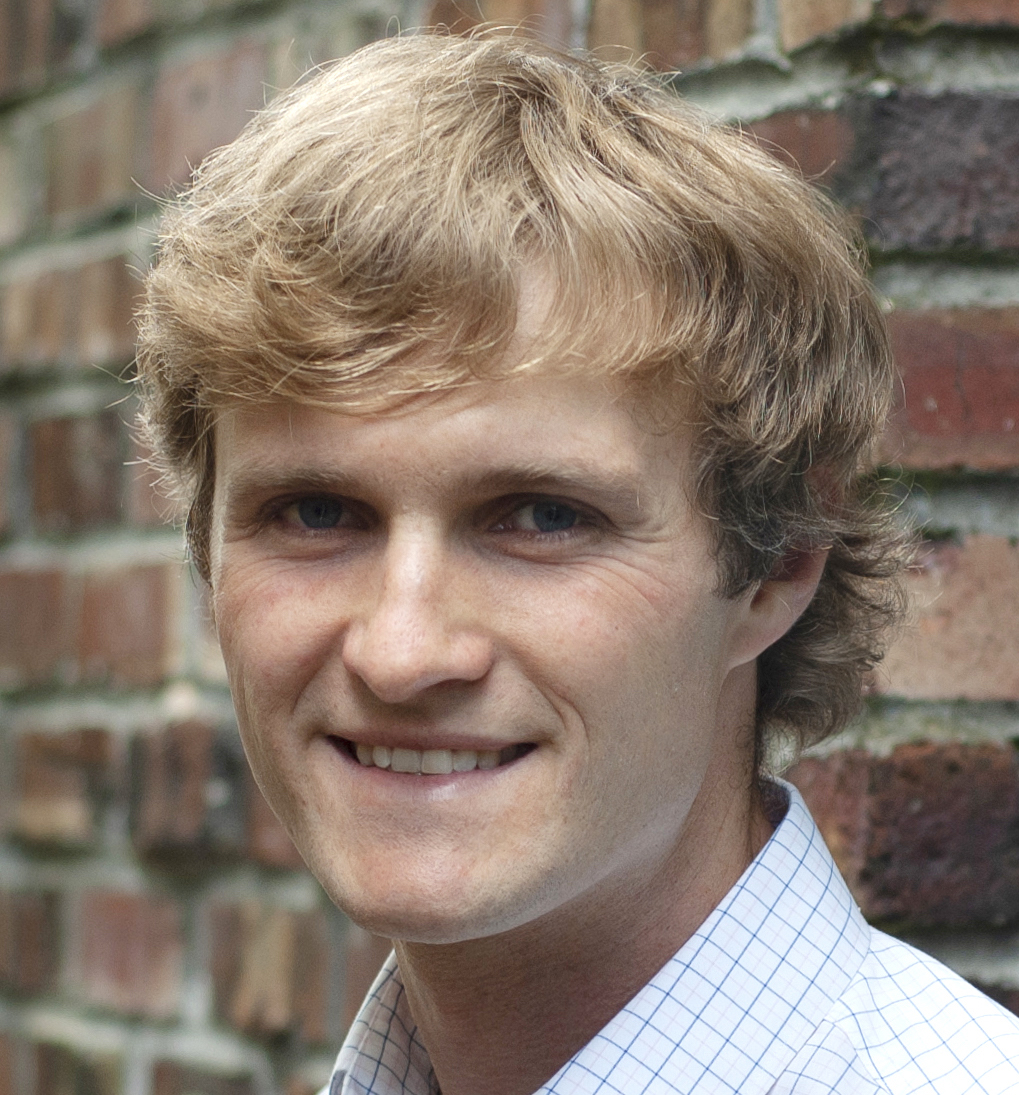
Chester Harvey
(bio)
Chester Harvey is a PhD Candidate in the Department of City and Regional Planning where his research focuses on transport and land use interactions. He has academic and professional experience applying spatial data science alongside more traditional GIS and cartographic techniques in fields ranging from transportation planning to urban design and renewable energy.
|
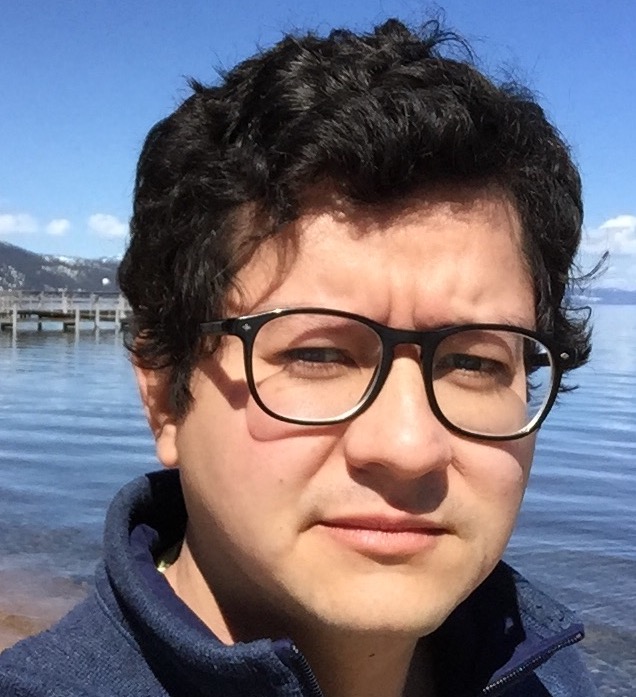
Manuel Santana Palacios
(bio)
Manuel Santana Palacios is a doctoral candidate in City & Regional Planning at the University of California, Berkeley. His research interest falls in the intersection of understanding human behavior under contexts of social exclusion and public transportation interventions in developed and developing cities. He is also interested in uncovering the unintended consequences of urban (transportation) planning on land development and the provision of transportation services using emerging information technologies and data science techniques.
|